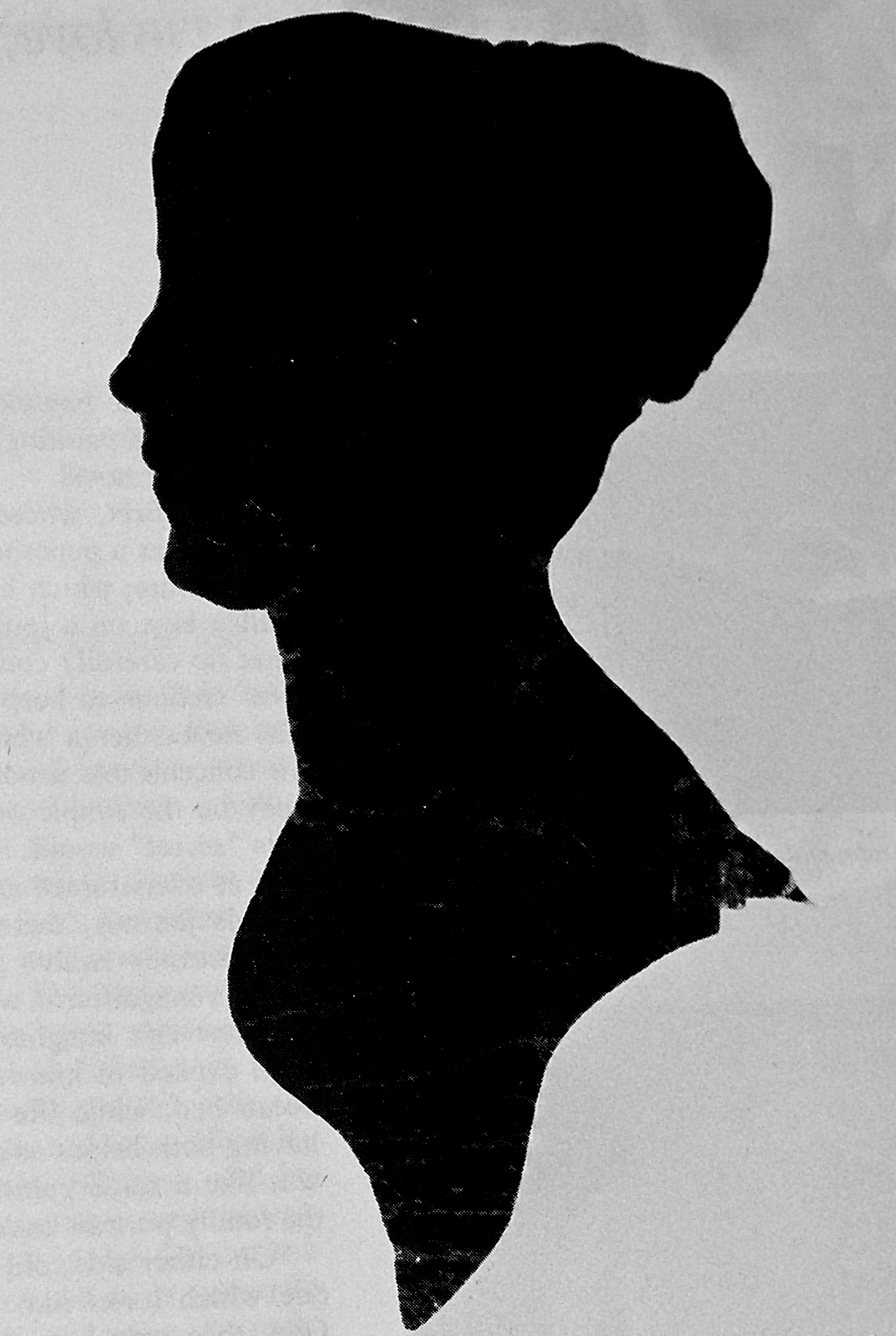Bachelor goes a-wooing. By Lise Sørensen
Hans Christian Andersen was a grown man of twenty five when he met the one he called his first love. He reacted like a young boy, with blushes, tears and absolute confusion. There are indications that he felt like an old bachelor even then.
He was both too mature and too immature for the situation. Only four years before, he had sat, a grown-up among boys, in Slagelse Grammar School, where, if anything, he was treated even more condescendingly than the rest, being shrewd and knowledgeable but backward in writing and such-like accomplishments. He was to grow at record speed, leaving a lot lying fallow.
In his diary he wrote, under March 1826: “Got reprimanded for Greek. ‘You’re a dullard! You don’t read, either .’ He was angry with us all; it was a bad showing.”
And the next day: “Reprimanded for Latin. ..” etc., etc.
He at length became a young student in Copenhagen. Now he might write again, something his benefactors had forbidden him while at school. And he did not need telling twice. His first efforts included the poem “The Dying Child”, which almost made him famous, and the eccentric little book A Journey on Foot from Holmen’s Canal to the Eastern Tip of Amager, an account of a short walk which early revealed his talent for getting a lot out of little.
In 1830 the grand traveller-to-be at last obtained the where withal for a rather longer journey, among other places to the towns of his native island of Funen. At Fåborg there was a fellow-student, Voigt, he wanted to visit. He put up at the town’s inn and the next morning was received by the eldest daughter of the house, the twenty-year-old Riborg. At tea, she voiced her enthusiasm for the Journey on Foot and the poems. She blushed, was pretty and, “What means more to me, natural”.
Returning to the inn, he asked the maid, casually as it were, whom the Voigt girls were engaged to. They were not engaged; that is to say, the eldest, Riborg, had a sweetheart her parents were set against, a chemist’s son they thought was not up to much -which of course was bound to make the young couple all the keener . His normal egoistic self must have told him that here was a good chance. But as always he hushed it and listened to the good heart, the innocent brotherly thought, which whispered to him: “Poor girl! So she’s hopelessly in love! ”
Thus, in a way, they were in the same boat. Sympathy deepened in a tragic and delicious fashion. He was in the house a good deal, and they talked freely and pleasantly together; but in the first place he tried to take it all as an experience.
That autumn, Riborg accompanied a sick friend to Copenhagen, and took care to inform Andersen of her arrival. He was in such a flurry that when he opened the door to her he asked after the sick lady, a complete stranger to him. She blushed for him, as one may well understand. He was involved in a serious comedy he was unable to perform. Courting also has its spelling, of which he knew little, and what little he did know did not whet his appetite. Like orthography, it was something any student could cope with, and actually beneath his dignity to take seriously. Nevertheless he made an effort, and talked the matter over with the girl’s brother. Encouraged by him, he fell into a swoon, trembling, blushing, weeping, on to his bed.
Just before Riborg’s departure, he gave her his strange letter of proposal, couched in terms at once bold and cautious. It has been said that it was not calculated to convince a young, uncertain and almost engaged girl. It is true indeed that the letter contained no hasty promise; nothing to suggest that he would carry her off on a white charger, which, for that matter, he would have had to steal from the nearest country house. It is a very realistic and very high-flown letter. “I can become anything through you,” he wrote; ” anything that you and (important addition) your parents might wish.” On the other hand, provided she was not sure she loved the other man, ”as dearly as God and eternal salvation,” he begged her not to make him unhappy.
Big offers, but also big demands. What her parents might want was undoubtedly something as forbidding as endless new studies and the life of a deserving civil servant. But he, too, wanted to be loved” as dearly as God and eternal salvation.” That is implicit in his inquiry about her feelings for the other. Otherwise, it did not matter. It has been said that Andersen should have “taken her by storm”, have “displayed more firmness”. The fact that he did not seems to suggest that he really wanted a refusal. This, in my view, is not hindsight, but hind-blindness. It was characteristic of Andersen to be able to keep a cool head even under the utmost emotional stress.
There is, for example, a story of how he happened to see the bare breasts of a young artist’s model, and nearly fainted; yet he was able to describe the girl’s appearance afterwards in most accurate detail. Likewise when he was wooing. To see this characteristic as a sign that his feelings were not whole and indivisible is to pull the entire man apart. But why was it such a terribly serious matter to propose to a girl who seemed to be attracted by him; why this exaltation?
